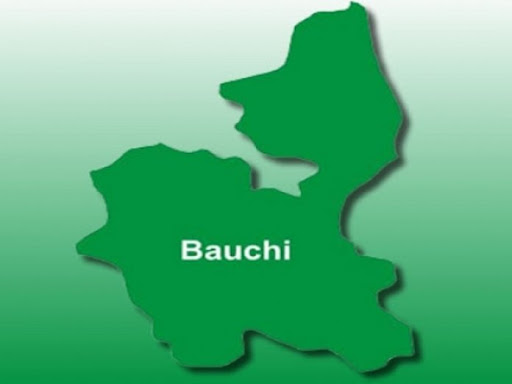Ninety-three per cent of the healthcare facilities across the 20 local government areas of Bauchi State have neither access to basic water, nor sanitary and hygienic facilities.
In a similar vein, 72 per cent of the schools in the state do not have access to such facilities.
These were disclosed by the Chairman of the Bauchi State Network of Civil Society Organisations, Jinjiri Garba, at a press conference to mark the World Toilet Day 2023.
Quoting statistics from the Water, Sanitation and Hygiene National Outcome Routine Mapping, 2021 survey, Garba stated that 97 per cent of public places in the state did not have basic facilities for members of the public.
According to him, it was sad that Nigeria was still far from ensuring access to basic lifesaving services.
He said, “Sadly, 21 per cent of the Bauchi State population still practise open defecation, while 72 per cent of the total number of schools, 93 per cent of the total number of healthcare facilities, and 97 per cent of public places do not have access to WASH facilities.
“Despite evidence of the effectiveness of good hygienic practices as the first line of defense in the prevention of infectious diseases, about 60 million people in Nigeria lack access to basic water supply, and 167 million people lack basic hand washing facilities, while 48 million still engage in open defecation.
“Globally, 70,000 children under the age of five die annually from diseases caused by the lack of clean water and decent toilets.”
He added that the overall goal of WaterAid Nigeria, in partnership with the Women Development Association for Self-Sustenance, and the Bauchi State government, was to influence, deliver and scale-up WASH solutions that were sustainable, climate-resilient, gender- responsive and address cross-cutting elements of other development goals, including health, education, poverty, economic growth, and nutrition.
He also stated that Water Aid was working on a Water and Hygiene Promotion Project in the state. He noted that the project was designed to provide clean water, and promote hygienic activities in the state, specifically targeting 30 communities where water was scarce. He added that the project would provide access to safe water and hygiene education to 15,000 beneficiaries in 10 communities.
























